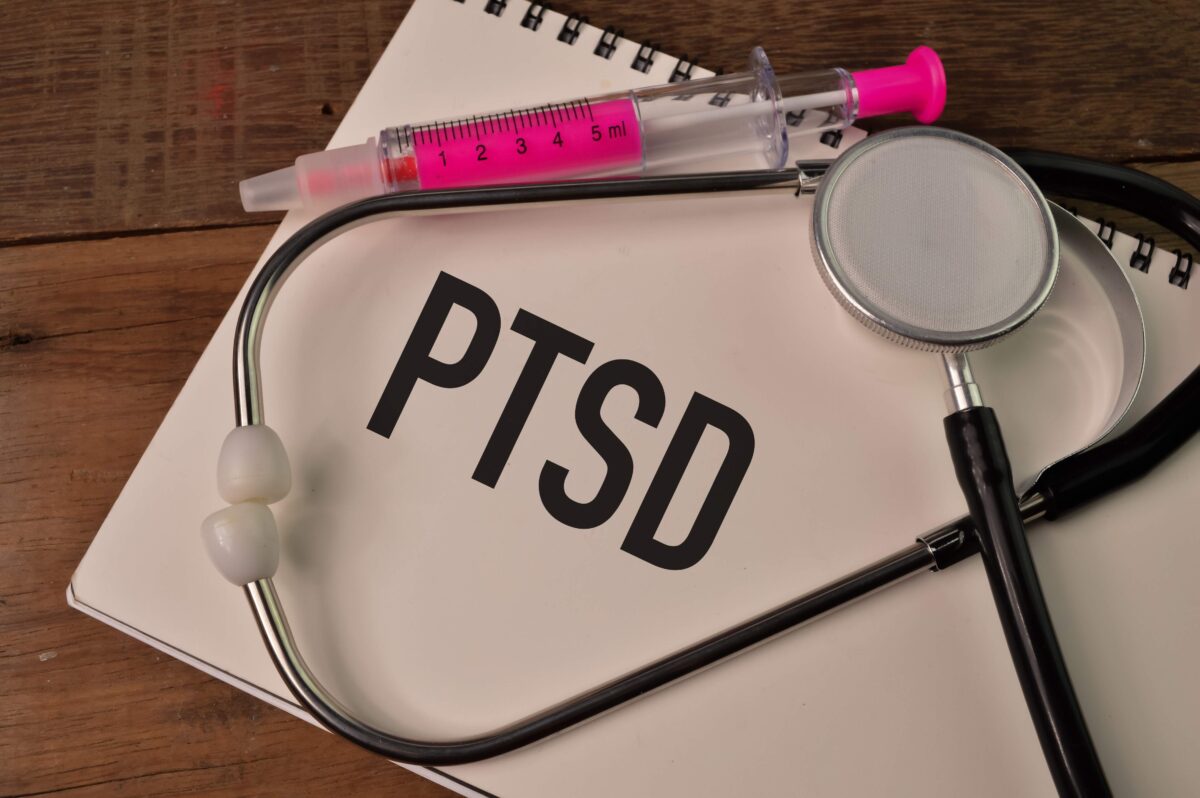Autism and PTSD by Lisa Morgan

By Lisa Morgan M.Ed. CAS
PTSD is a harsh, stern, taskmaster. Triggers are everywhere. They can even come when you are in a safe place and/or through a person you trust. Those are the difficult ones because, if the trigger was very unpleasant, going back to that same safe place or person for help – does not feel safe.
Living with autism spectrum disorder (ASD) keeps the traumatic reliving of memories all close and fresh so to speak. For many, our autism keeps the triggered memories alive through rumination of thought; keeps them graphic through visual thinking and lucid nightmares and keeps us alone through withdrawing to cope.
With PTSD there’s a feeling of reliving a traumatic experience over and over again with no way out. Enduring the triggers of PTSD can use up way too much energy, which leads to exhaustion and the possibility of giving in and letting go of hope that things will get better.

The other day I was listening to the radio and a song came up that reminded me of a traumatic time in my life. I felt an uncomfortable shift within myself but didn’t realize I had been triggered for a few hours. It’s difficult to know sometimes because I don’t always understand my emotions.
The problem was my ASD characteristics (in this particular instance, alexithymia) slowed down my understanding of what was happening because although I was anxious, and in fight or flight mode, I didn’t feel any emotions just yet.
As the day wore on, my panic grew, my anxiety kept going up, and I was having uncomfortable physical symptoms such as: feeling like I couldn’t breathe, physically shaking, my throat constricted, my heart thumping wildly, and I had a sharp, knife-like pain in my chest where my emotions sit. Still, I had no emotions that I could tie to my physical symptoms. I knew from experience I had been triggered. My brain had transported me back to a traumatic time in my life as if I were really there.
So, what to do about that? I try several things to alleviate the physical symptoms and essentially ‘talk my brain down’ from the heightened state of reliving a nightmare. I keep busy. I take a quick, brisk walk. Moving my big muscles can, at times, release some of my anxiety. I try reading, writing, baking, listening to music or binge watch Netflix.
If none of those works, I might go to the seashore and listen to the waves or walk in the forest near my home. If none of that works, I reach out to someone I trust to simply listen. It helps to have someone listen.
Autistic people are vulnerable to developing PTSD due to long term bullying, traumatic experiences, relational rejection, and many other adverse life experiences. While our autistic characteristics can keep us prisoners of PTSD, our characteristics can also set us free. As autistic people, we have the resilience, inner strength, and perseverance of overcoming adversity that we can use to subdue one trigger at a time in our journeys towards health and healing from PTSD. So yes, PTSD is a harsh, stern taskmaster and we are vulnerable to developing it, but we also have autistic strengths to use in combating it and reclaiming the quality of life we deserve.

Lisa Morgan, M.Ed., CAS
Consultant / Professional Trainer / Speaker / Researcher / Suicidologist
Instagram: @lisa.morgan7
Website: www.autismcrisissupport.com
Language: English

